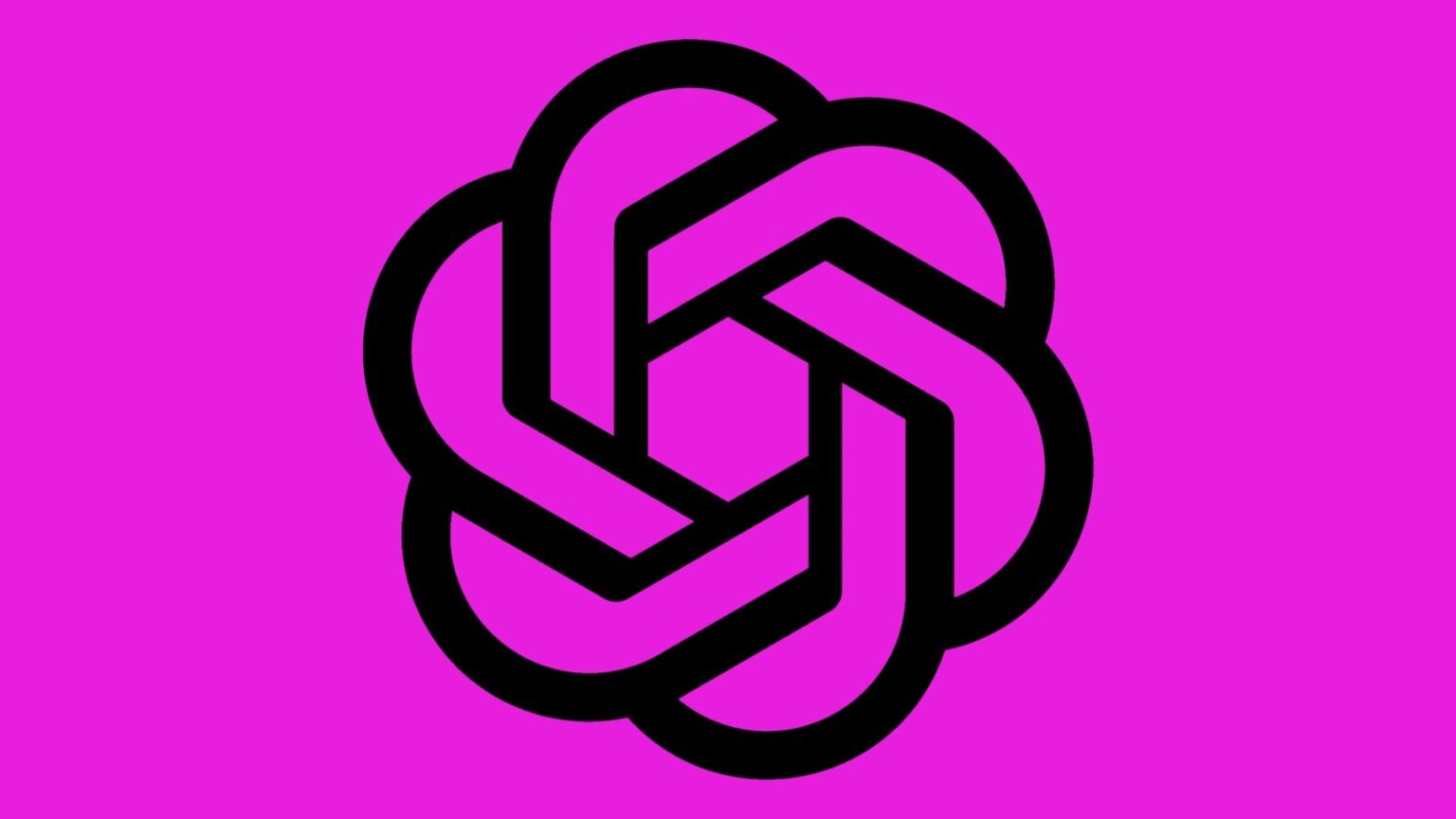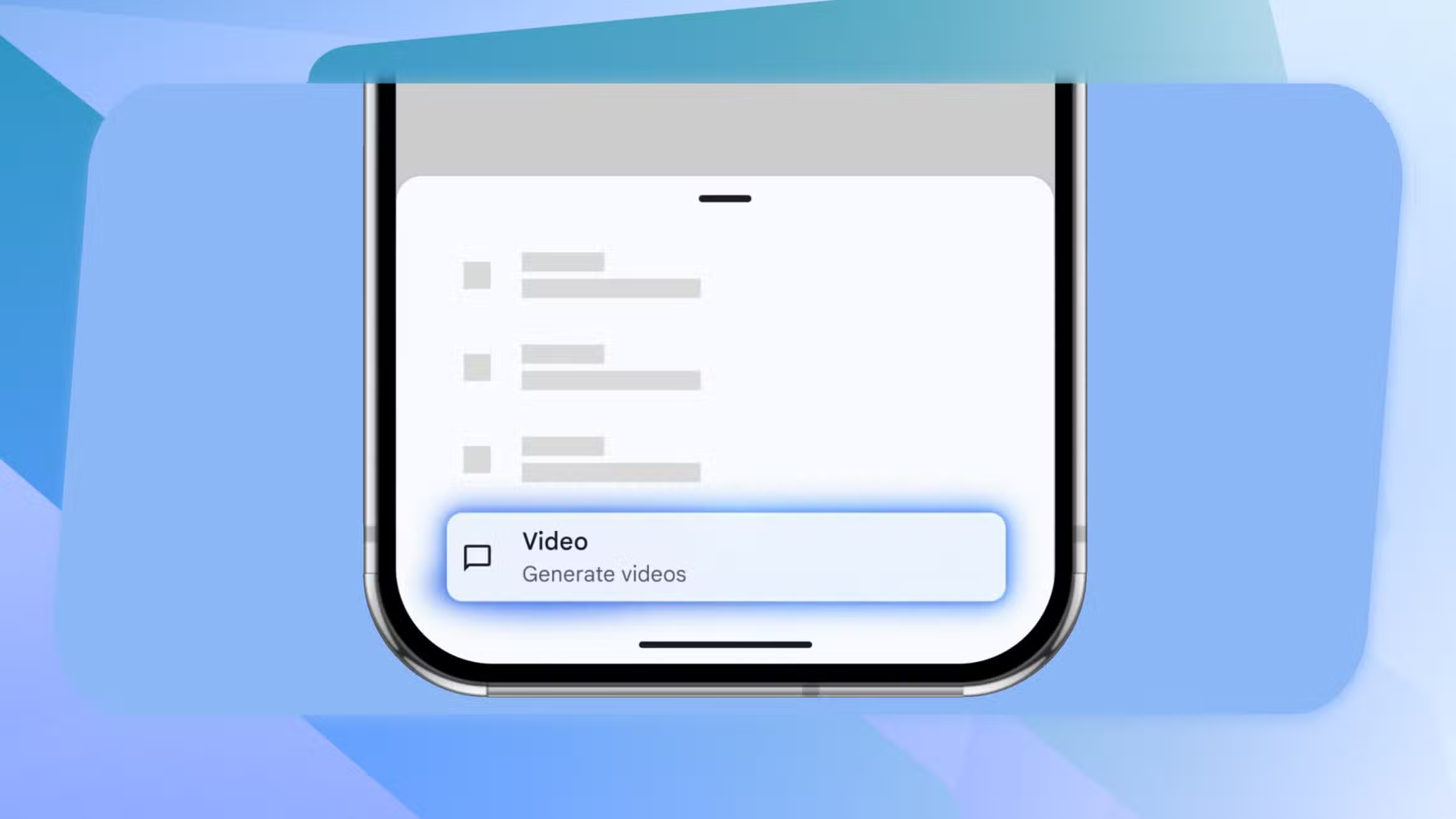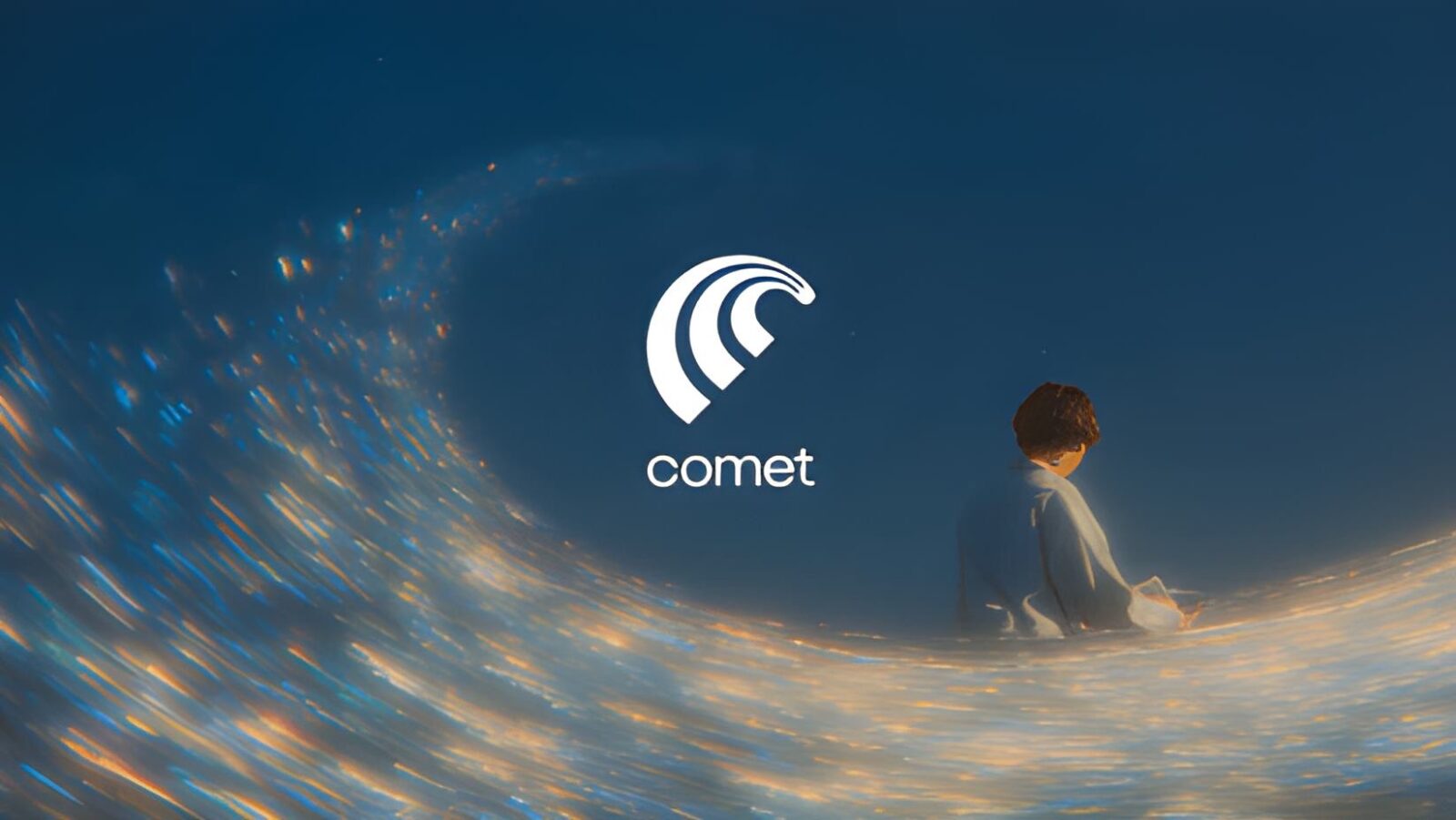OpenAI has unveiled its latest breakthrough in artificial intelligence: o1, the first in a series of ‘reasoning’ models designed to tackle complex problems with unprecedented speed and accuracy. This release marks a significant step towards OpenAI’s vision of achieving human-like AI, demonstrating enhanced capabilities in areas like coding and multi-step problem-solving.
While o1 is currently more expensive and slower than its predecessor, GPT-4o, its unique training methodology promises a brighter future for complex problem-solving. Unlike previous models that rely on pattern recognition, o1 employs reinforcement learning and a “chain of thought” process to tackle challenges, akin to how humans break down and solve problems step-by-step.
This innovative approach has yielded impressive results. In tests, o1 outperforms GPT-4o in areas like mathematics,scoring 83% on a challenging International Mathematics Olympiad qualifying exam, compared to GPT-4o’s 13%. It also excelled in coding contests, placing in the 89th percentile. OpenAI even suggests that future updates of o1 could rival PhD students in tackling complex scientific tasks.
While o1 may not yet match GPT-4o’s broader factual knowledge or image and web browsing capabilities, its focus on reasoning represents a paradigm shift in AI capabilities. The model’s name, o1, signifies a reset, marking the dawn of a new era in AI development.
OpenAI’s commitment to transparency extends to o1’s interface, which showcases the model’s reasoning steps as it processes queries. This provides a glimpse into its problem-solving approach, albeit one carefully designed not to conflate AI thinking with human thinking.
The release of o1 underscores OpenAI’s ambitious pursuit of autonomous AI systems that can make decisions and take actions on our behalf. Although the model’s current reasoning abilities are still evolving, it serves as a promising foundation for future breakthroughs in fields like medicine and engineering.
While o1 is not yet available to the general public, ChatGPT Plus and Team users can access it and its smaller, cheaper counterpart, o1-mini, starting today. Enterprise and Edu users will gain access early next week, and OpenAI plans to eventually extend o1-mini access to all free ChatGPT users.
Despite the high cost for developers, OpenAI remains optimistic about o1’s potential to unlock new levels of AI capability. This latest development serves as a reminder of AI’s rapid advancement and the exciting possibilities that lie ahead.





